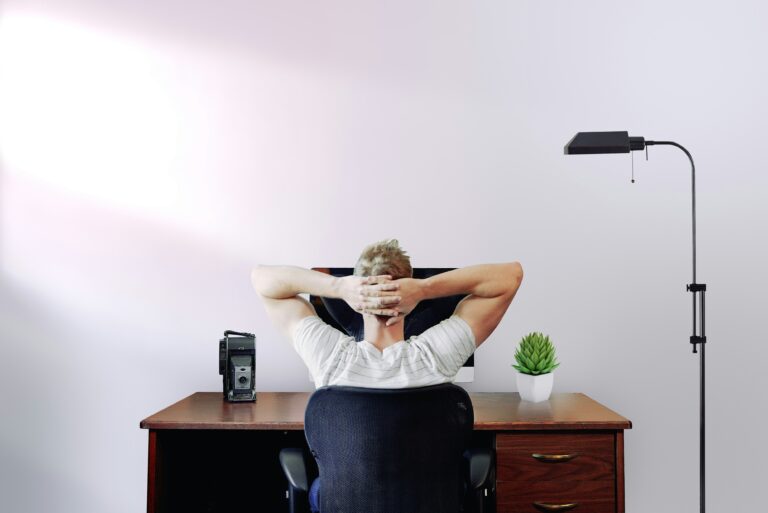In today’s fast-paced world, it’s no surprise that daily stress and anxiety have become part of our everyday lives. Between work pressures, family responsibilities, financial worries, and the constant flood of information from our digital devices, it’s easy to feel overwhelmed. However, there are practical strategies to manage and reduce stress and anxiety, allowing you to lead a calmer and more balanced life. Here’s how you can take control and start tackling daily stress and anxiety.
1. Identify Your Stress Triggers
The first step in managing stress and anxiety is recognizing what triggers these feelings for you. Is it work deadlines, financial concerns, relationship issues, or health worries? Keeping a stress journal can help you pinpoint specific situations or patterns that cause stress. Once you understand your triggers, you can develop personalized strategies to manage or avoid them.
2. Practice Mindfulness and Meditation
Mindfulness and meditation are powerful tools for reducing stress and anxiety. Mindfulness involves being present in the moment without judgment, while meditation helps calm your mind and relax your body. Even a few minutes each day can make a significant difference. There are many apps and online resources available to guide you through mindfulness and meditation practices.
3. Exercise Regularly
Physical activity is one of the most effective ways to combat stress and anxiety. Exercise releases endorphins, which are natural mood lifters, and helps reduce levels of stress hormones like adrenaline and cortisol. Aim for at least 30 minutes of moderate exercise most days of the week. Activities like walking, jogging, yoga, or dancing are excellent choices.
4. Establish a Healthy Routine
Having a consistent daily routine provides structure and a sense of control, reducing stress and anxiety. Include time for self-care activities such as exercise, hobbies, and relaxation. Prioritize your tasks and break them into manageable steps to avoid feeling overwhelmed. A healthy routine also includes getting adequate sleep, eating nutritious meals, and staying hydrated.
5. Stay Connected
Social support is crucial for managing stress and anxiety. Make time to connect with friends and family, whether in person or through digital means. Sharing your feelings with someone you trust can provide comfort and perspective. If you feel isolated, consider joining a support group or participating in community activities.
6. Limit Digital Overload
Constant exposure to digital devices and social media can increase stress and anxiety. Set boundaries for your screen time and take regular breaks from your devices. Designate specific times for checking emails and social media, and try to avoid them before bedtime. Engaging in offline activities such as reading, gardening, or spending time in nature can help reduce digital overload.
7. Practice Relaxation Techniques
Incorporating relaxation techniques into your daily routine can help manage stress and anxiety. Techniques such as deep breathing exercises, progressive muscle relaxation, and visualization can calm the mind and relax the body. These practices are easy to learn and can be done anywhere, making them convenient tools for immediate stress relief.
Take Charge of Your Mental Health Today
By incorporating these strategies into your daily life, you can effectively manage and reduce stress and anxiety. Remember, it’s important to be patient with yourself and make small, gradual changes. For personalized support and guidance, consider exploring my coaching services. I offer tailored sessions to help you navigate life’s challenges and achieve a balanced, fulfilling life. Contact me to learn more and schedule a session today!



Thank you Maitri for this article, it was helpful.
I just experienced a low mood, overthinking just few minutes ago, like I felt lonely, felt like I’m not needed by anyone, and nobody cares about me.
I’m healing from overgiving, people pleasing and learning to hold boundaries, it’s difficult because I don’t know everything and I worry about how I’ll learn everything all on my own without help from people around me who don’t really think of me often, maybe they don’t see how I can add value to their lives. And if I give too much again then I get a burnt out, so it’s really difficult to figure out the right balance.
I am glad it helped. Thank you!
I will definitely suggest that “First, you start valuing yourself and you start caring for your own happiness. Only when you do it for yourself, the outside chatter and expectations will start reducing”